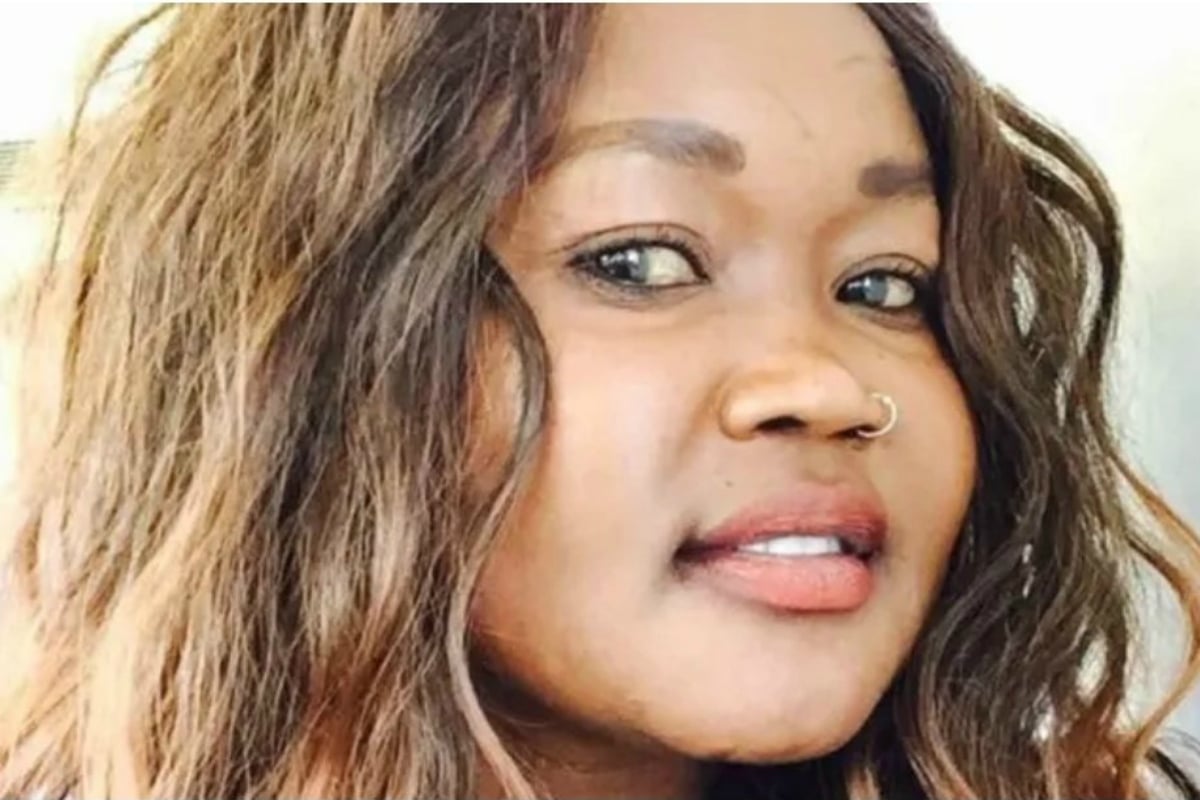
The news headlines were unusually banal. Some referred to the news only as a “Chinatown Murder Case”, with very little emotional connection to the victim’s story. Perhaps a portent to something far more nuanced and ominous that serves as an indictment on our very own communal ethos.
As the news of the woman’s murder broke, I remembered that sinking feeling, that incredible realisation that another woman on a night out in Melbourne had not made it home that night. Her life cut short. As the day progressed, I couldn’t get the story out of my mind and frequently checked online news coverage to read an update of what happened, who was she? That silent grief that I had become so accustomed to for every woman’s life lost in our streets or in their homes due to men’s violence. I have become accustomed to this grief because it happens so often, every week and each time it happens I find myself feeling a sense of anger, a silent scream of ENOUGH is ENOUGH.
“I was expecting a candlelit vigil…”
I was expecting the Melbourne community to gather at the site where her body was found. I was expecting the candlelit vigil honouring her life, just like the community has done for those other women before her who have died in the streets of Melbourne due to men’s violence. Who could forget the overwhelming but necessary public outpouring of grief for Eurydice Dixon and Jill Meagher? Then, we witnessed complete strangers coming together – united in their collective heartache.
As the hours passed, I was becoming progressively more anxious as I continued to see the story dropping off from the media coverage. No additional details, no names, no back story……seemingly dispatched from the 24-hour news cycle with no further depth, analysis, editorial platform or public commentary. I asked myself, are we becoming so accustomed to the news of women dying from men’s violence that we have lost ability to empathise. Where was the outrage for this victim? Who was she?

Top Comments
It’s terrifying and devastating. She and her boyfriend were both let down by an underfunded mental health system.
So organise a vigil. It's easy to criticise others for not taking any a tion, not organising a vigil but unless you are doing something yourself, your just one more person doing nothing.